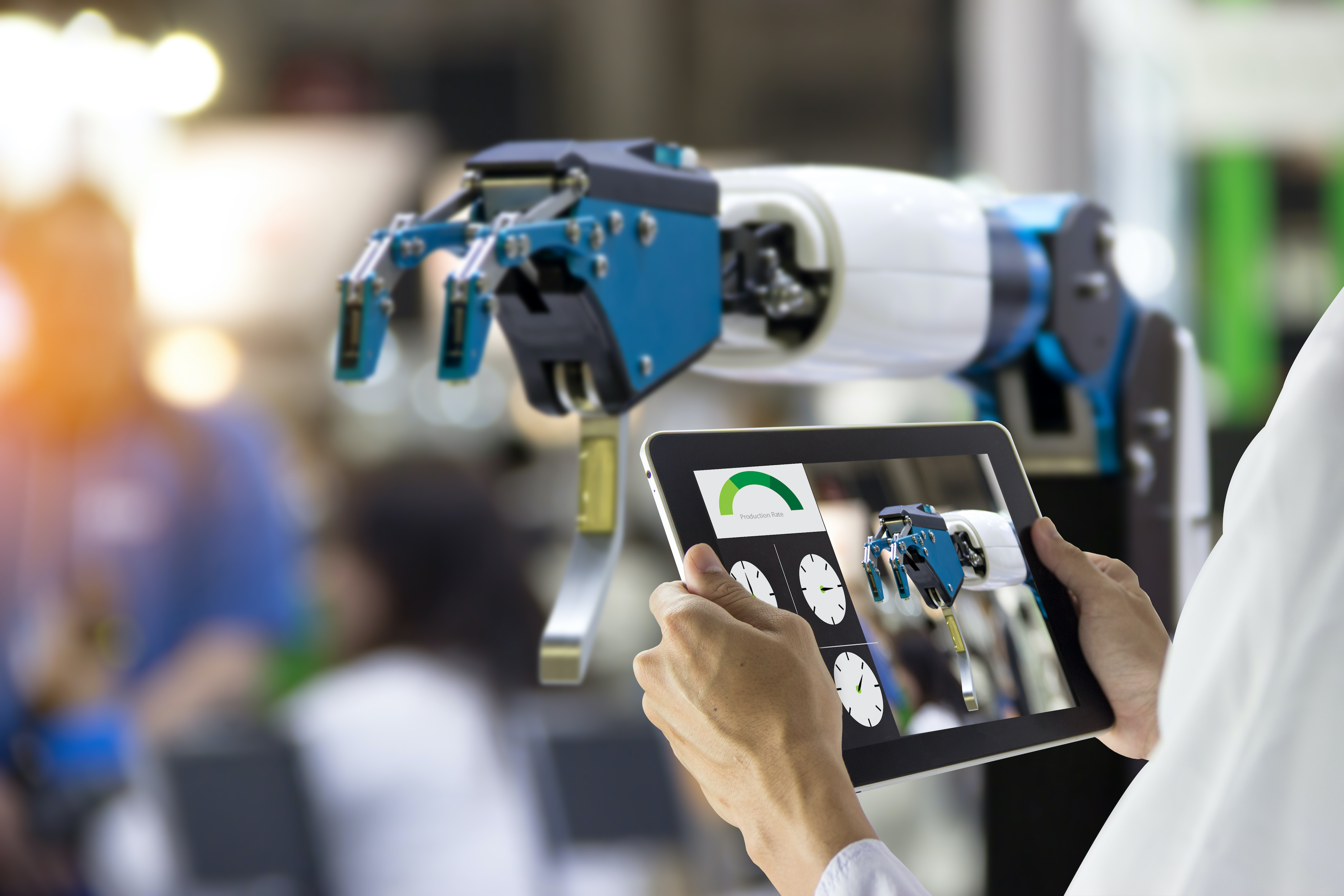We all know that we live in a strange time. Technologies of all kinds, especially digital technologies, have made a massive difference in everybody’s life. This was especially true during the pandemic. When such a remarkably significant and widespread change occurs, sometimes new ethical issues arise concerning what’s right and wrong, or the best way for society to proceed. What kind of lives do we want to live? What kind of people do we want to be?
All these issues, which are studied in ethics, thereby develop a different flavour. They become interesting because they not only affect what technology does but how we use it. This change also affects our ability to do more or differently what we have always done.


